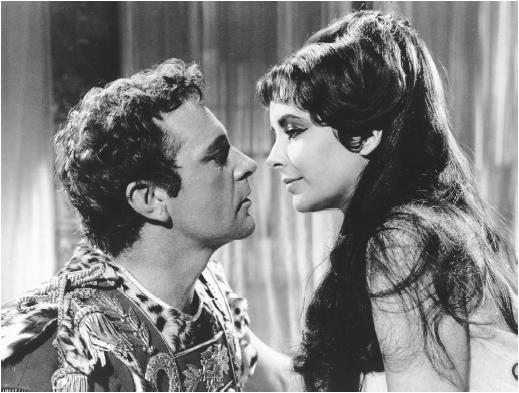 Rome, 264 BCE. The powerful civilization of Carthage, on the Mediterranean coast of North Africa, has become an itch that the Roman Empire just has to scratch. Tired of competing for economic and military influence in the region, these two great powers are about to engage in three separate Punic Wars, the resolution of which will in 146 BCE leave Carthage in ruins, its history and culture destroyed, and Rome as the undisputed ruler of the region.
Rome, 264 BCE. The powerful civilization of Carthage, on the Mediterranean coast of North Africa, has become an itch that the Roman Empire just has to scratch. Tired of competing for economic and military influence in the region, these two great powers are about to engage in three separate Punic Wars, the resolution of which will in 146 BCE leave Carthage in ruins, its history and culture destroyed, and Rome as the undisputed ruler of the region.The Roman Empire set the standards and benchmarks for the imperialistic European nation-
Egypt also figures prominently in the history of Rome in Africa. In 30 BCE, Rome established rule over Egypt, which would last for six centuries until the fall of the Byzantine empire. The fertile Nile River valley provided the empire with massive supplies of grain and other crops. This exploitation of natural resources was similar to that done by the previous Ptolemaic dynasty (themselves a foreign ruling family from Hellenistic Macedonia), the difference being that under Roman rule the proceeds solely benefitted the Roman patricians and merchants who exported the goods; the products (as well as the taxes they generated) did not stay in Egypt.
The period of Roman rule in North Africa foreshadowed the tragic exploitation of resources, both human and natural, that would characterize the relationships between Africa and the colonial powers in centuries to come. Even the love stories were sad.




2 comments:
I always love reading what you write. You always have a great introduction that hooks me and makes me want to keep reading. Keep up the good work fellow English 1000 instructor!
Wow,
This is so much better than any text book!
You rock!
Post a Comment